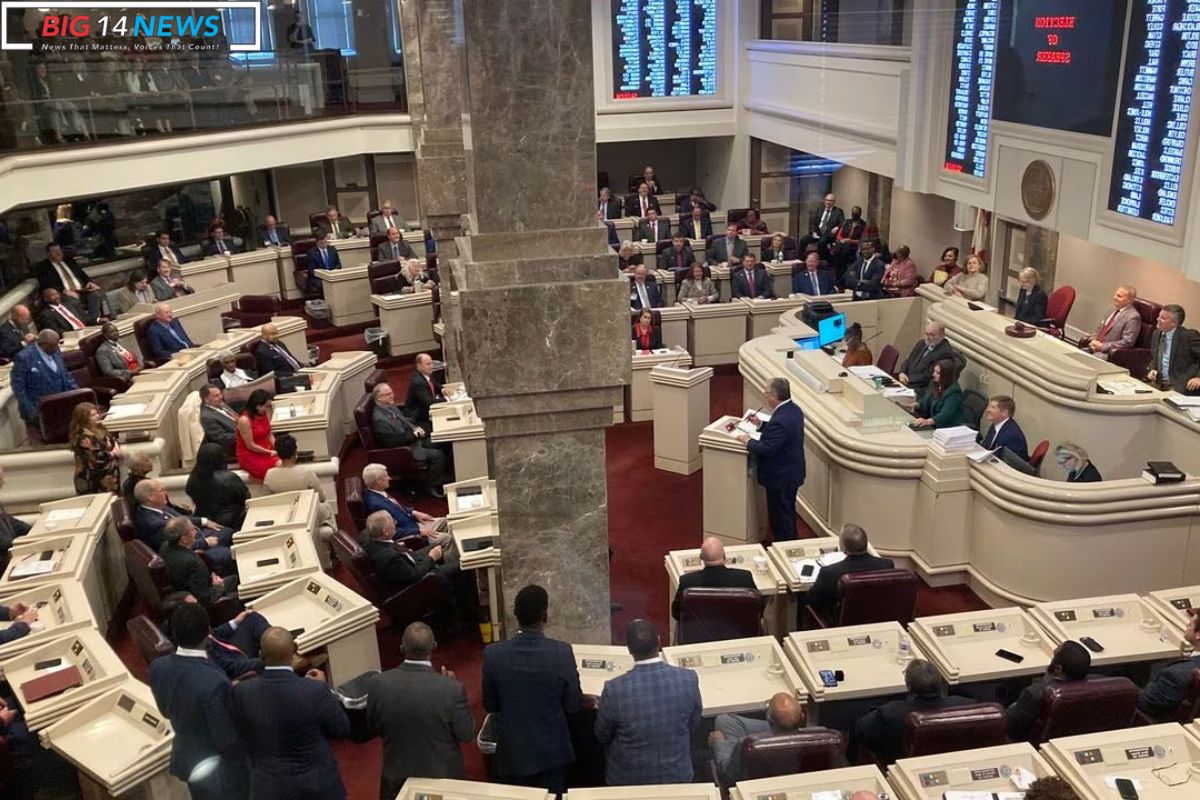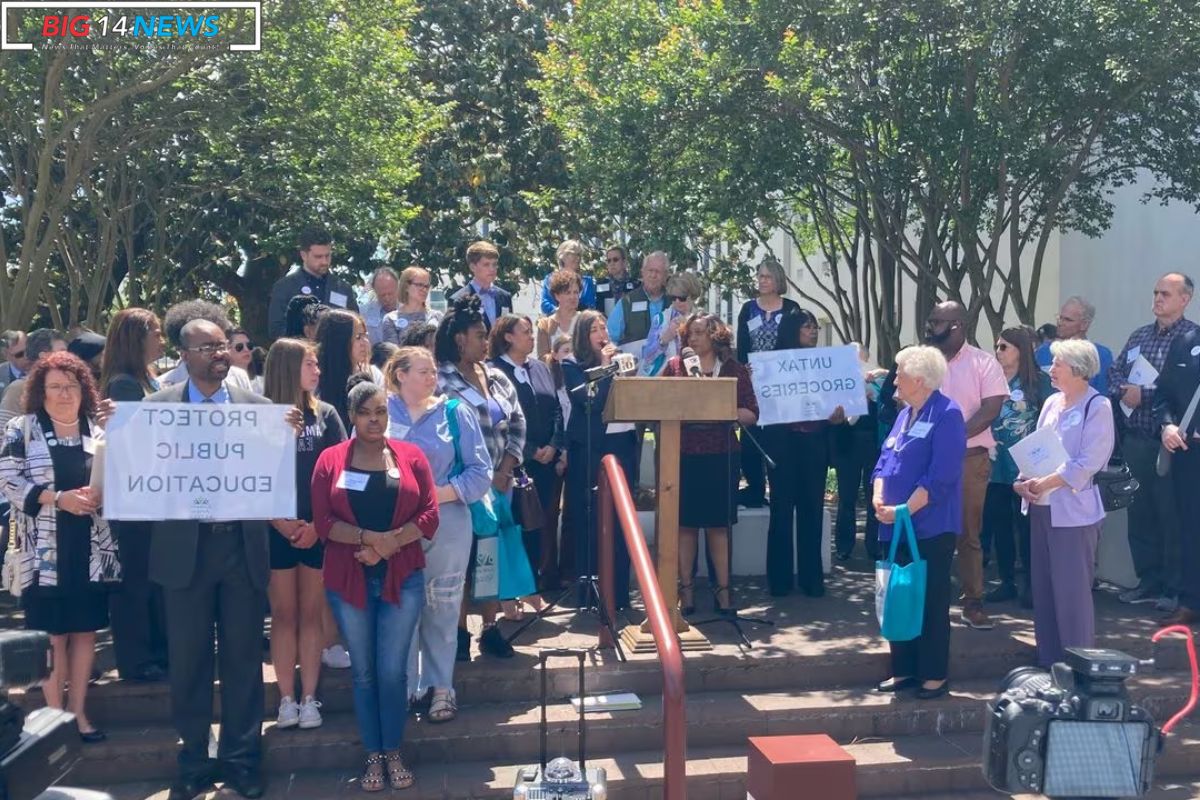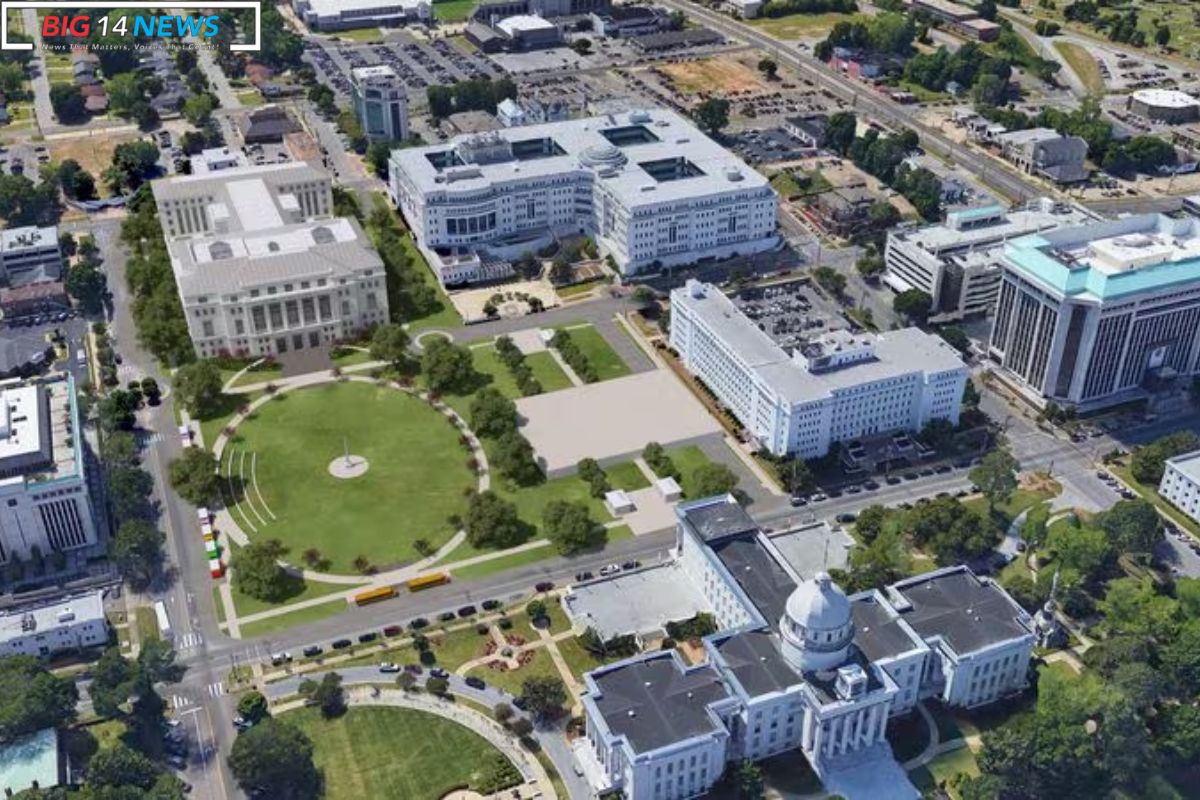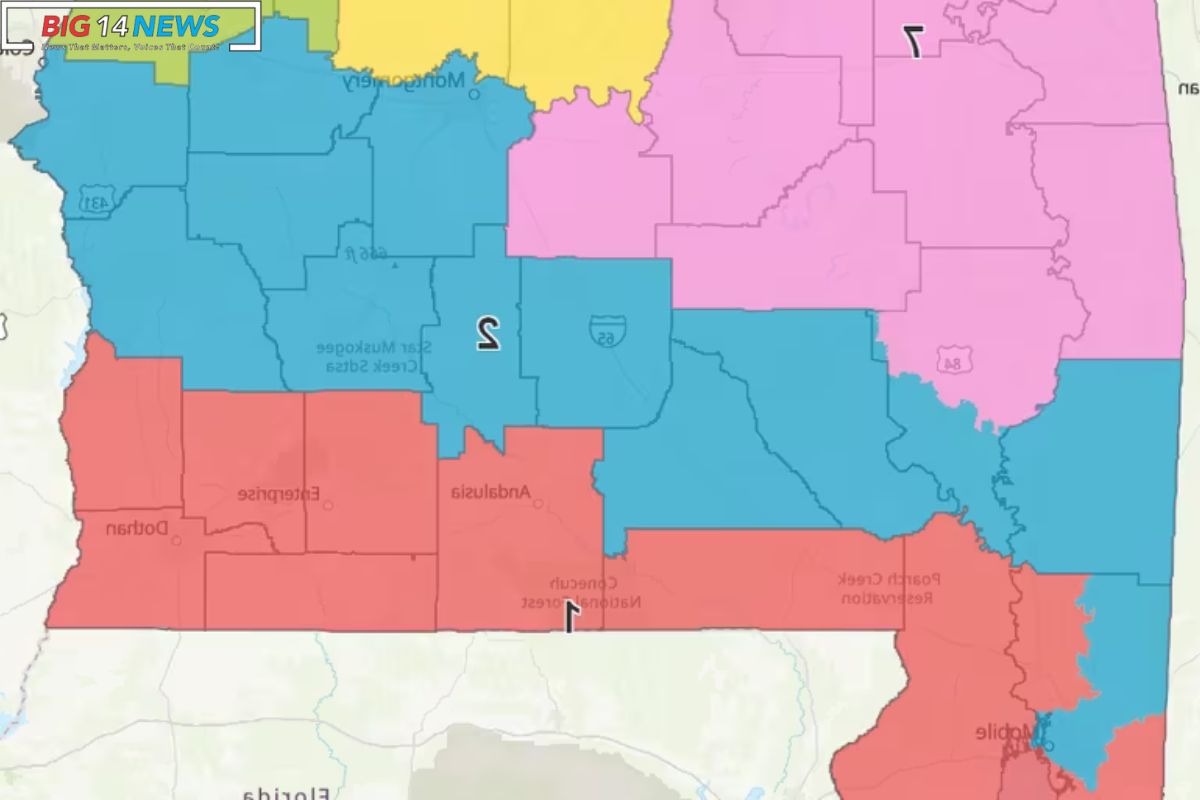Alabama Legislative Landscape 2023: In 2023, Alabama’s legislative landscape is poised for significant reform and challenges. The areas of tax reforms, income tax rebates, redistricting, legislative responses to crime, higher education challenges, and infrastructure investment.
Notably, Birmingham-Southern College’s bid for $30 million from the Legislature through the Distressed Institutions of Higher Education loan program highlights the complex negotiations and debates that lie ahead.
Join us as we analyze and dissect the intricate details of Alabama’s legislative endeavors in this transformative year.
Key Takeaways
- Tax reforms and incentives such as the reduction of sales tax on food and exemption of overtime pay from state income tax aim to alleviate financial burden, increase purchasing power, and stimulate economic growth.
- Governor Kay Ivey proposed income tax rebates initially set at $400 for individuals and $800 for couples, but later reduced to $150 and $300 respectively. Alabama allocated $1 billion of federal COVID-relief funds for vital projects such as infrastructure, healthcare, and broadband.
- Legislative responses to crime include measures taken to address Voting Rights Act concerns, specific bills targeting the sale and distribution of fentanyl, increased penalties for retail theft, and addressing access to police body camera videos. The focus is on striking a balance between rehabilitation and punishment for offenders.
- Higher education challenges are being addressed through infrastructure investment, including $30 million provided to Birmingham-Southern College and the approval of new Alabama State House construction. Initiatives to attract and retain top-tier faculty and researchers, as well as collaboration with private industry for internship and apprenticeship programs, are also being pursued.
Tax Reforms: Alleviating Burdens and Promoting Relief
One significant step towards alleviating burdens and promoting relief in Alabama’s tax system was taken in 2023. The state reduced the sales tax on food from 4% to 3%, providing immediate financial relief to Alabama residents. This decision was made with the intention of reducing the financial burden on individuals and families, especially those with lower incomes who spend a significant portion of their earnings on food. By lowering the sales tax on food, the government aims to increase the purchasing power of its citizens and stimulate economic growth.
Furthermore, the legislature also implemented tax relief measures by exempting overtime pay from state income tax. This move effectively equates to a 5% raise on overtime pay, providing an incentive for individuals to work longer hours and contribute to the state’s economy.
The goal of these tax reforms is to create a more equitable tax system that supports economic growth and alleviates financial burdens on Alabama residents.

Income Tax Rebates and Federal Relief Allocation
The implementation of income tax rebates and the allocation of federal relief funds in Alabama during the year 2023 have played a crucial role in providing financial support and addressing various challenges faced by the state.
Governor Kay Ivey‘s proposal of income tax rebates aimed to alleviate the burden on individuals and couples. Initially set at $400 for individuals and $800 for couples, the rebates were later reduced to $150 and $300, respectively. While the reduction may have disappointed some, it still provided much-needed relief to taxpayers.
Additionally, Alabama allocated $1 billion of federal COVID-relief funds for vital projects such as water and sewer infrastructure, healthcare costs, and broadband internet expansion. This allocation not only addressed immediate needs but also laid the foundation for long-term development and improved quality of life for Alabamians.
Redistricting and Legislative Responses to Crime
As the redrawing of congressional districts addressed Voting Rights Act concerns, Alabama’s legislators have taken decisive measures to address crime-related issues, demonstrating a commitment to ensuring public safety and upholding the principles of justice.
In a bid to combat the growing threat of deadly drug fentanyl, lawmakers passed bills that specifically target the sale and distribution of this dangerous substance. By doing so, they aim to protect communities from the devastating consequences of fentanyl abuse and overdose.
Additionally, the legislature has modified correctional incentive time, seeking to strike a balance between rehabilitation and punishment for offenders.
Furthermore, recognizing the impact of retail theft on local businesses and communities, penalties for such crimes have been increased, sending a clear message that this behavior will not be tolerated.
Lastly, the issue of police body camera video access has been addressed, promoting transparency and accountability in law enforcement.
These legislative responses to crime showcase Alabama’s commitment to creating a safer and more just society for all its citizens.

Higher Education Challenges and Infrastructure Investment
Addressing the challenges of higher education and infrastructure investment, Alabama’s legislators have taken significant steps to ensure the state’s academic institutions are equipped to meet the needs of students and foster a thriving educational environment.
These steps include:
- Providing $30 million to Birmingham-Southern College through the Distressed Institutions of Higher Education loan program, enabling the college to address its financial difficulties and improve its facilities.
- Approving the construction of a new Alabama State House to address issues with the current building’s limited space, poor accessibility, and structural concerns.
- Investing in infrastructure upgrades for other universities and colleges in the state, such as improving campus facilities, updating technology resources, and enhancing research capabilities.
- Implementing initiatives to attract and retain top-tier faculty and researchers, ensuring that Alabama’s institutions can offer high-quality education and remain competitive nationally.
- Collaborating with private industry partners to develop internship and apprenticeship programs, providing students with valuable real-world experience and enhancing their employability upon graduation.
These measures reflect Alabama’s commitment to investing in its higher education system and creating a conducive environment for academic excellence and innovation.
Birmingham-Southern College sought $30 million from the Legislature, initially facing opposition but later approved through the Distressed Institutions of Higher Education loan program.
Birmingham-Southern College successfully secured $30 million from the Legislature, overcoming initial opposition and receiving approval through the Distressed Institutions of Higher Education loan program. The college, facing financial challenges, sought support from the state to address its pressing needs and ensure its sustainability. Despite facing opposition at first, the college’s request was eventually approved, highlighting the recognition of the importance of investing in higher education institutions. The approval of the $30 million loan demonstrates the commitment of the Legislature to support distressed institutions and provide them with the necessary resources to thrive. This funding will enable Birmingham-Southern College to strengthen its infrastructure, improve educational programs, and continue providing quality education to its students. The table below further emphasizes the significance of this decision:
| Investment | Impact | Benefits |
|---|---|---|
| $30 million | Strengthening infrastructure, improving educational programs | Enhanced learning environment, increased student satisfaction |
This investment not only supports the college but also contributes to the overall growth and development of higher education in Alabama.

Conclusion Of Alabama Legislative Landscape 2023
In 2023, Alabama’s legislative landscape witnessed significant reforms and challenges. Tax reforms were implemented to alleviate burdens and promote relief for the residents. Additionally, income tax rebates and federal relief allocation were introduced to further support the economic recovery.
Redistricting and legislative responses to crime were also key areas of focus. Higher education faced challenges, but infrastructure investments were made to address them.
Overall, this year was marked by a proactive approach towards addressing various issues and laying the foundation for a better future.

